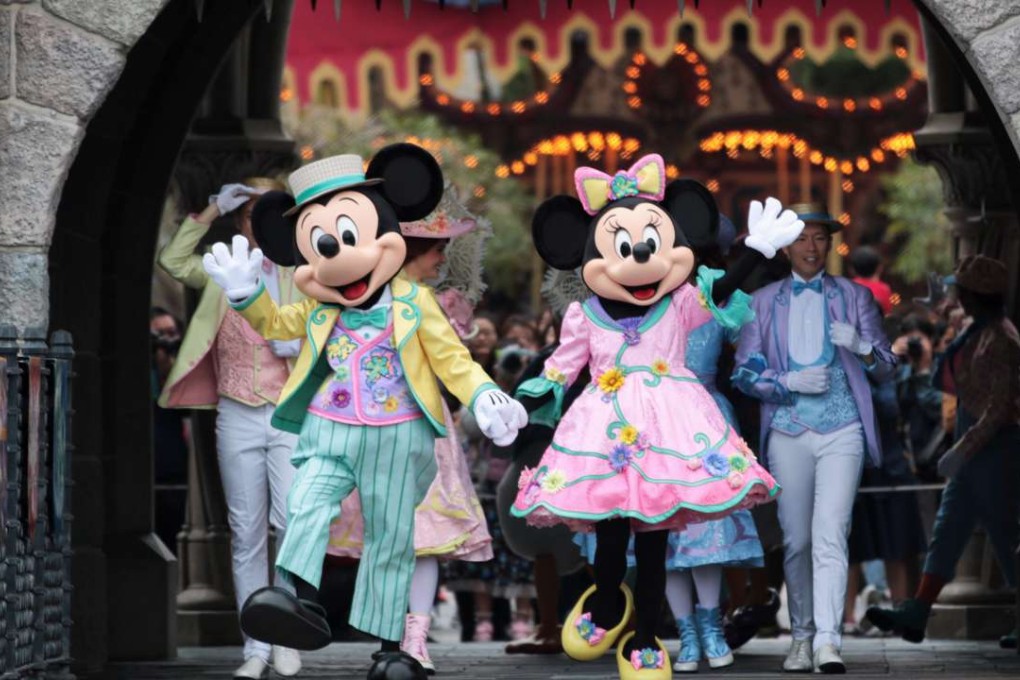Jake's View | Hong Kong shouldn’t sink another HK$5.45 billion into the Disneyland black hole
Commerce minister Greg So’s claim that we will lose HK$31.6 billion if we don’t invest in revamping the theme park is just smoke and mirrors

In a desperate attempt to press for Finance Committee endorsement, commerce minister Greg So Kam-leung told lawmakers yesterday that a risk test showed the city could lose up to HK$31.6 billion in economic benefits over 40 years if Disneyland’s visitor numbers shrank by 15 per cent.
Sunday Morning Post
April 23
When senior bureaucrats cannot get their way with Legco’s finance committee they routinely reach into their toolbox of delusional tools to bring out the biggest delusion of them all – economic benefit.
We do not lose HK$31.6 billion by turning him down. If we spend the money on something else we just pick up that HK$31.6 billion of economic benefit from the other way we spend it
Greg So has now also come up with a bit of additional smoke and mirrors called “risk test”. This piece of abracadabra shows him, he says, that if we don’t sink another HK$5.45 billion (US$700 million) down the Disney hole, and right soon too, we will lose HK$31.6 billion.
